Residential Home Inspection Services
When it comes time to purchase your new home, you’ve got plenty to think about. Don’t add stressing over the condition of your purchase to the list.
We work with real estate agents and prospective buyers alike to ensure that they are fully aware of the condition of a prospective home before purchasing it. Buying a home is an exciting time in your life - or the life of your clients - and having the peace of mind that comes along with a home inspection is worth its weight in gold.
A home inspection, in addition to highlighting the positive characteristics of a home, can also help you to quickly identify any prospective, or existing, problems that a home may have. In other words, taking the time to get a home inspection today, could save you thousands of dollars in repairs down the line.
Though we provide a detailed report for every home we inspect, we do recommend that the buyer be present during the inspection. This is because a home inspection is the best opportunity to get to know the inner workings of a home, like how to switch off the water in case of an emergency, or where to find the fuse box if the power goes out.
Unable to attend the inspection yourself? We hold a residential real estate license in state of Virginia, and are able to safely access the SentriLock system to enter a home. Contact us or schedule your home inspection in Northern Virginia, Maryland, or Washington, DC today.

Home Inspection FAQs
Do buyers need to attend the home inspection?
No - though we do recommend buyer attendance, as it is an opportunity to learn about a home. However, if a buyer is unable to attend, we will still carry out the inspection and provide a detailed report, including photos, within 24 hours of the inspection. In Virginia, we hold a residential real estate license, so we can enter the home ahead of the agent upon request.
Do you do pre-listing inspections?
Yes! In fact, we even recommend this step to potential sellers. This is because it can ultimately help to speed up and smooth out the sale process by giving you the time and flexibility to address any issues ahead of time that may come up at the pre-purchase inspection. See more about pre listing inspection.
What happens if something is wrong with a prospective home?
Depending on the severity of the problem, you may be able to get the seller to cover the cost of repairing or replacing the area in question. Other issues may even be grounds for terminating the transaction. As always, be sure to work closely with your home inspector and real estate agent to determine the right steps for your specific property.
Can a house ‘fail’ a home inspection?
Not exactly. There is no mandated standard for whether or not a home ‘passes’ or ‘fails’ an inspection. Rather, each home should be judged according to a buyer’s threshold for issues and a seller’s willingness to remediate when necessary.
Why do homebuyers need an inspection?
A home inspection can potentially save you thousands in major repairs to your home. It does so by not only identifying existing problems, but by helping to forecast any potential issues on the horizon. A home inspection is also an opportunity to get to know your new home and how it works; including basic maintenance and emergency readiness.
What does a home inspection cost?
The price for a home inspection varies depending on the size and complexity of the property. Your home inspector will be able to tell you ahead of time the price for your home. Looking for an estimate? Be sure to check out our price sheet.
Here’s How to Find the Best Home Inspectors in Virginia
When you're buying a home in Virginia, one of the most crucial steps in the process is conducting a thorough home inspection. A home inspection provides you with valuable insights into the condition of the property, helping you make an informed decision. To ensure that you find the best home inspector in Virginia, it's important to understand their role and the importance of their work.
Understanding the Role of a Home Inspector
A home inspector's primary role is to assess the condition of a property, identifying any potential issues or problems that may impact its value, safety, or livability. They thoroughly evaluate the structural elements, electrical systems, plumbing, HVAC, and other key components of a home. By providing an objective assessment, they help buyers understand the true condition of the property.
During a home inspection, the inspector carefully examines the foundation of the house, checking for any cracks, settling, or other signs of structural damage. They also inspect the roof, looking for missing or damaged shingles, signs of water leakage, and the overall condition of the gutters and downspouts. Additionally, the inspector evaluates the electrical system, ensuring that it meets safety standards and is properly grounded.
When it comes to plumbing, the home inspector examines the pipes, fixtures, and drains for any leaks, corrosion, or blockages. They also assess the water heater, checking for proper installation and functionality. The HVAC system is another important component that is thoroughly inspected, including the furnace, air conditioning unit, and ventilation system. The inspector looks for any signs of malfunction or inadequate maintenance.
Aside from the major systems, a home inspector also evaluates the overall condition of the property. This includes inspecting the walls, ceilings, and floors for any visible damage or signs of moisture. They also assess the insulation and ventilation in the attic and crawl spaces, ensuring that they meet current standards.
The Importance of a Home Inspection
A home inspection is crucial because it uncovers any hidden issues that may not be immediately visible. It ensures that you are fully aware of the condition of the property you are interested in before you make a significant financial commitment. It can also help you negotiate repairs or adjust the purchase price to account for any necessary fixes, saving you money in the long run.
By hiring a qualified home inspector, you can gain peace of mind knowing that you have a comprehensive understanding of the property's condition. This knowledge allows you to make an informed decision about whether to proceed with the purchase, request repairs, or negotiate a fair price.
Key Qualities to Look for in a Home Inspector
When searching for the best home inspector in Virginia, there are several key qualities to consider:
Experience: Look for a home inspector with a proven track record and extensive experience in the field. An experienced inspector is more likely to have encountered a wide range of issues and can provide a thorough assessment.
Knowledge: The inspector should have in-depth knowledge of residential construction, building codes, and regulations. This ensures that they can identify potential problems and provide accurate recommendations.
Attention to Detail: A good home inspector pays attention to every detail, leaving no stone unturned during the inspection process. They carefully examine each component of the property, ensuring that nothing is overlooked.
Communication Skills: Choose an inspector who can clearly and effectively communicate their findings to you. They should be able to explain complex issues in a way that is easy to understand, allowing you to make informed decisions.
Professionalism: The best home inspectors maintain a professional approach and adhere to ethical standards. They should conduct themselves with integrity, treating both the buyer and seller with respect.
By considering these qualities when selecting a home inspector, you can ensure that you are working with a knowledgeable and reliable professional who will provide you with a comprehensive assessment of the property.
Evaluating Accreditations
Ensure that the home inspector you choose holds the necessary certifications and licenses required by the state of Virginia. These certifications demonstrate their competency and adherence to industry standards. One way to ensure certification, is to use the search tool provided by INTERNACHI, or the International Association of Certified Home Inspectors.
Ask about the inspector's experience and whether they specialize in residential properties. A home inspector who has years of experience and focuses on residential inspections has a deeper understanding of the unique issues that may arise in homes.
Average Cost of Home Inspection in Virginia
The average cost of a home inspection in Virginia varies depending on factors such as the size of the property, location, and additional services requested. On average, you can expect to pay between $300 and $600 for a standard home inspection. Factors that can influence the cost of a home inspection include the age and condition of the property, the presence of additional structures such as detached garages, and the need for specialized inspections such as mold or radon testing. For a deeper dive into this topic, check out our article: How much is a home inspection in Northern Virginia?
How to Make the Most of Your Home Inspection
To make the most of your home inspection, accompany the inspector during the process. Take the opportunity to ask questions and seek clarification on any issues or findings. Understanding the inspector's assessment will empower you to make informed decisions about the property and any necessary negotiations.
By following these steps and considering the factors mentioned above, you'll be well-equipped to find the best home inspectors in Virginia. Remember, a thorough home inspection is an essential part of the homebuying process, ensuring your investment is sound and providing peace of mind.


